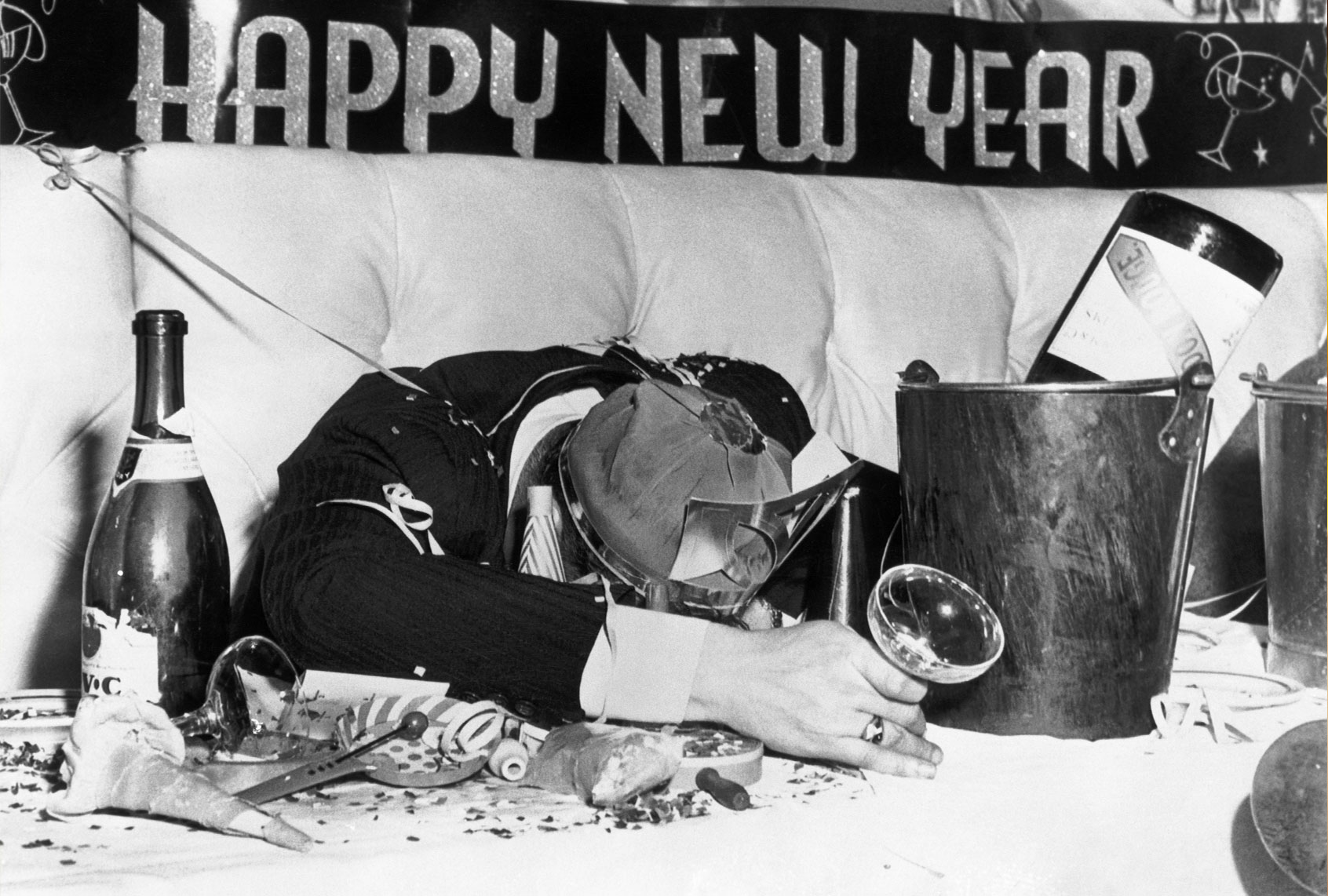Beyond chronic disease, infection or viruses, hangovers are some of the most miserable afflictions known to humankind. This is why, for centuries, every culture which imbibes alcohol has also sought a way to cure hangovers. Hence, there are hundreds, if not thousands, of so-called hangover remedies — some grounded in folk wisdom, others purportedly backed up by science.
Unfortunately for drinkers, a new review study reveals that the research on hangover cures is so inconclusive that it is difficult to make any legitimate scientific conclusions about what actually works. This is not to say that any “cures” is without merit; rather, the problem, the researchers wrote, is that the quality of the scientific studies on possible hangover treatments is very poor.
The paper is a type of study called a systematic review, in which existing studies of a niche topic are scrutinized and analyzed as one to make greater conclusions. This review study started with analyzing 46 full texts about hangover cures, though 25 had to be discarded from further analysis because they did not have a placebo group or had used a study design that violated protocol.
The stakes are higher than one might suppose. As the authors note, hangovers are not simply an inconvenience to their sufferers. The various ways that you feel ill during a hangover take a toll on your body, and even on the economy in terms of lost working hours. If there were a theoretical way to make it possible for a person to drink all night without feeling like God is punishing them the next day, that would have an undeniable benefit to society.
Want more health and science stories in your inbox? Subscribe to Salon’s weekly newsletter The Vulgar Scientist.
That left 21 studies for consideration about ways to do precisely that. This included research on supposed hangover cures like Korean pear juice, clove extract, and red ginseng. Unfortunately, none of these studies were exactly up to snuff either, often because of small or exclusionary sample sizes. (In order to be broadly applicable, such studies need to be repeatable and include as many people in as many different demographics as possible.) As the authors write, “A third of all included studies were conducted in Japan or South Korea, eight were conducted exclusively with male participants and no studies were conducted which included adults aged over 65, the majority including only people aged below 40.” In addition, the studies they analyzed were never independently verified.
This does not mean that the existing body of hangover cure knowledge is entirely worthless. The scholars said that there was “evidence of statistically significant improvements” for a number of substances commonly used to treat hangovers, including “clove extract, tolfenamic acid, pyritinol, Hovenia dulcis fruit extract, L-cysteine, red ginseng and Korean pear juice.” Yet the evidence itself was “very low quality” by the rigorous standards of legitimate scientific research, as was the research which indicated certain substances might not be effective.
The authors suggest a number of changes to the way research is conducted, such as by having more women involved as participants in research and using validated scales for hangover symptoms.
A few of these supposed hangover remedies showed promise — or at least, warranted further study. These included clove extract, tolfenamic acid (an anti-inflammatory painkiller) and pyritinol (an over-the-counter drug used to treat rheumatoid arthritis, cognitive disorders and learning disorders).
There is one tried and true hangover prevention method, however: If you have had a night of heavy drinking, the best medical advice is to stay hydrated, get lots of sleep, eat foods that you can digest comfortably and avoid situations that hurt you (such as rooms where there are bright lights). Hangovers are believed to be caused by congeners, chemicals produced by the alcohol termination process that are present in drinks from wine and beer to hard liquor. When you suffer from a hangover, your body is dehydrated and has lowered blood sugar, and the alcohol’s depressive effect on your brain cells causes you to feel weak and uncoordinated. It can also irritate your digestive tract.
Read more on the science of hangovers:
- The rich can buy their way out of hangovers now
- Hangovers happen as your body tries to protect itself from alcohol’s toxic effects
- The absolute best way to minimize a hangover, according to a doctor


